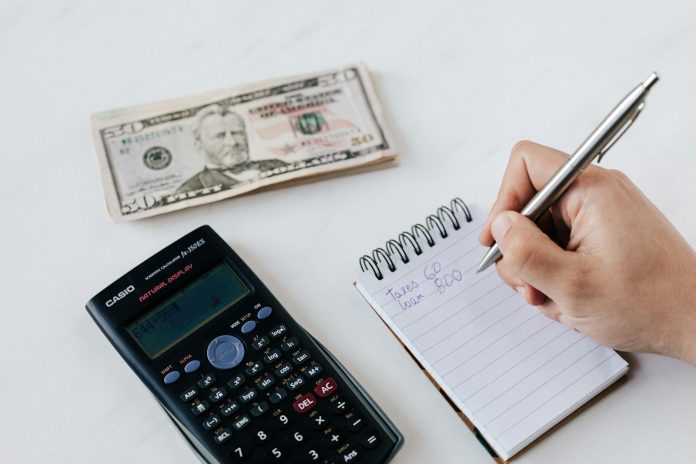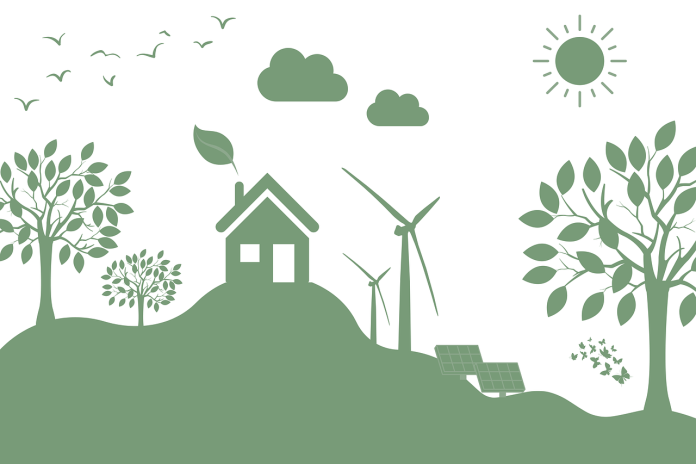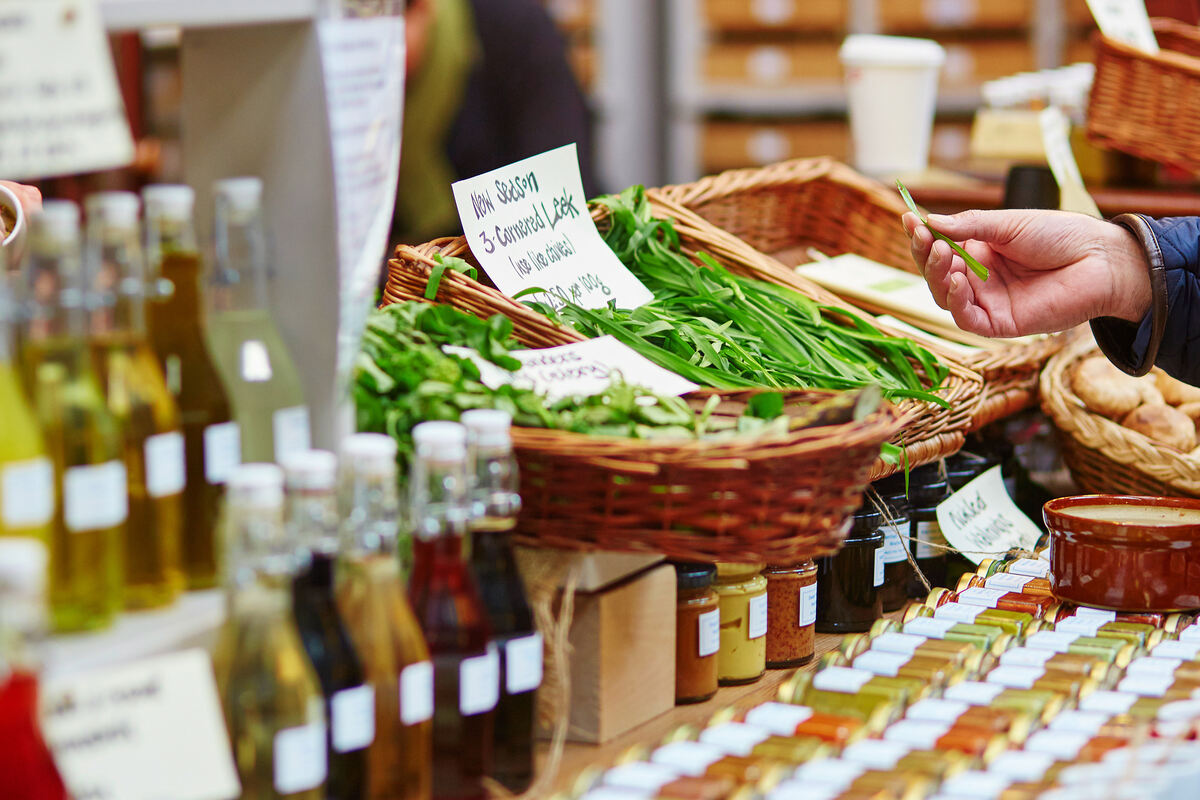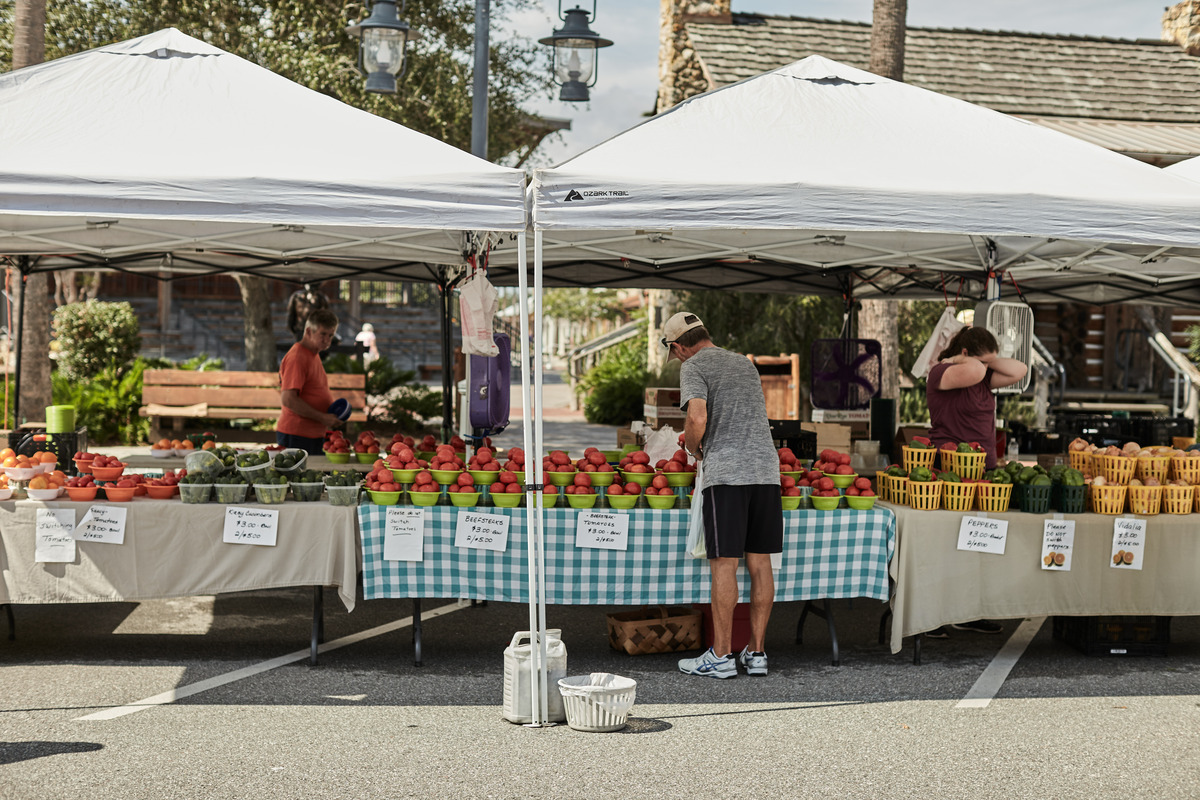Ever feel like your finances are running you instead of the other way around? You’re not alone. A lot of people move through life making financial decisions on the fly, reacting to expenses as they pop up instead of planning ahead. The result? Stress, uncertainty, and often, choices that aren’t great for long-term security, or the planet.
But what if we told you that financial sustainability and environmental sustainability go hand in hand? That planning your money wisely today can actually help you live a greener, more responsible life down the road? Let’s break it down and see how smart financial planning can set you up for a future that’s both secure and sustainable.
What Is Financial Sustainability, and Why Should You Care?
Financial sustainability isn’t just about making money, it’s about managing it in a way that ensures long-term stability. It’s knowing that future-you will have enough to cover the essentials, enjoy life, and make choices that align with your values.
Sounds good, right? But here’s the catch: if you don’t plan, it’s easy to get stuck in a cycle of paycheck-to-paycheck living, scrambling to cover last-minute expenses, or even worse, racking up debt. And when financial stress kicks in, sustainable choices, like investing in quality, eco-friendly products or making greener lifestyle shifts, often get put on the back burner.
That’s why thinking ahead financially isn’t just about wealth, it’s about freedom. Freedom to make smarter, more responsible choices for yourself and the environment.
How Smart Financial Planning Supports a Greener Future
Have you ever noticed that the cheapest option isn’t always the most sustainable? Fast fashion, disposable products, and energy-wasting appliances might save you money in the short term, but they often come with hidden costs, both for your wallet and the planet.
When you plan your finances with the long game in mind, you give yourself the ability to invest in better, longer-lasting solutions. Think:
- Buying a high-quality, durable jacket instead of replacing a cheap one every year.
- Investing in solar panels that cut your electricity bills over time.
- Choosing a fuel-efficient or electric vehicle instead of an older gas guzzler.
These choices might require upfront investment, but they save you money in the long run and reduce waste, energy consumption, and environmental impact. Planning ahead financially gives you the power to align your spending with your values, rather than being forced into whatever’s cheapest at the moment.
Long-Term Financial Planning: Why It’s a Game Changer

Financial planning isn’t just about saving money, it’s about building stability while making choices that support a more sustainable future. Without a plan, last-minute financial decisions can lead to wasteful spending, reliance on short-term fixes, and missed opportunities to invest in long-term, eco-friendly solutions. Thoughtful financial planning helps you reduce unnecessary consumption, prioritize quality over disposability, and create the financial flexibility to support sustainable initiatives, whether that’s investing in green energy, choosing ethical businesses, or simply reducing financial stress so you can focus on a more intentional way of living.
Key aspects of a strong financial strategy include:
- Having an emergency fund to cover unexpected costs without disrupting your financial stability.
- Paying off debt strategically to minimize interest and free up resources for long-term goals.
- Using an IRA to build long-term financial security, offering tax advantages and a structured way to save for the future. Staying ahead of the IRA contribution deadline ensures you maximize tax-deferred growth opportunities, avoid penalties, and make the most of compounding interest over time.
Using your money wisely now will provide for your security and options in the future so that you can choose to live sustainably and invest for the future as you see fit.
Practical Steps to Financial and Environmental Sustainability

So, how do you actually put this into action? Here are some simple, impactful steps to help you plan ahead financially while keeping sustainability in mind:
1. Budget with a Purpose
Instead of tracking every single penny (which, let’s be real, gets exhausting), focus on big-picture spending categories that align with your values. Maybe that means allocating more toward high-quality, long-lasting purchases and cutting back on impulse buys.
2. Invest in the Right Places
If you’re setting money aside for the future, why not make sure it’s supporting industries that align with your values? Look into ESG (Environmental, Social, and Governance) funds, green bonds, and ethical investment opportunities.
3. Make Timely Financial Moves
One of the simplest ways to keep your financial future on track? Meet key deadlines for savings and investment accounts. Not only does this keep you organized, but it also ensures you’re maximizing benefits like tax breaks and compound growth.
4. Prioritize Quality Over Cheap, Short-Term Fixes
Whether it’s your wardrobe, your appliances, or your financial decisions, the rule holds true: buying better often saves you more in the long run. If you can afford to invest in durable, sustainable options now, you’ll avoid repeat spending down the road.
5. Reduce Debt and Increase Savings
Debt isn’t just stressful, it also limits your ability to make the best long-term financial and environmental choices. If you’re stuck in high-interest debt, it’s harder to save for important purchases like an electric car, a home energy upgrade, or even just a financial cushion that lets you live more intentionally. The more financial freedom you have, the more choices you have.
Financial Freedom = More Sustainable Choices
Here’s the big takeaway: when your finances are in order, you have the freedom to live according to your values.
Think about it, when money is tight, you’re often forced into quick-fix solutions, whether that’s buying the cheapest (and often least eco-friendly) products, cutting corners on quality, or being unable to invest in sustainable solutions. But when you plan ahead, you give yourself options, and the ability to make choices that benefit both you and the planet.
Financial sustainability isn’t about being rich. It’s about having control over your money so you can make intentional, responsible decisions that support the life (and the world) you want.
The Bottom Line: Start Thinking Ahead Today
The future might seem far away, but the choices you make today shape what’s ahead. Whether it’s saving for retirement, reducing debt, investing in sustainable industries, or simply being mindful of how you spend, every step toward financial stability is also a step toward a greener, more responsible future.
So, what’s one thing you can do today to set yourself up for financial and environmental success? Maybe it’s checking your savings goals, reviewing an investment, or even just learning more about smart financial moves like timely IRA contributions.
Whatever it is, take that first step now. Future-you will thank you.










